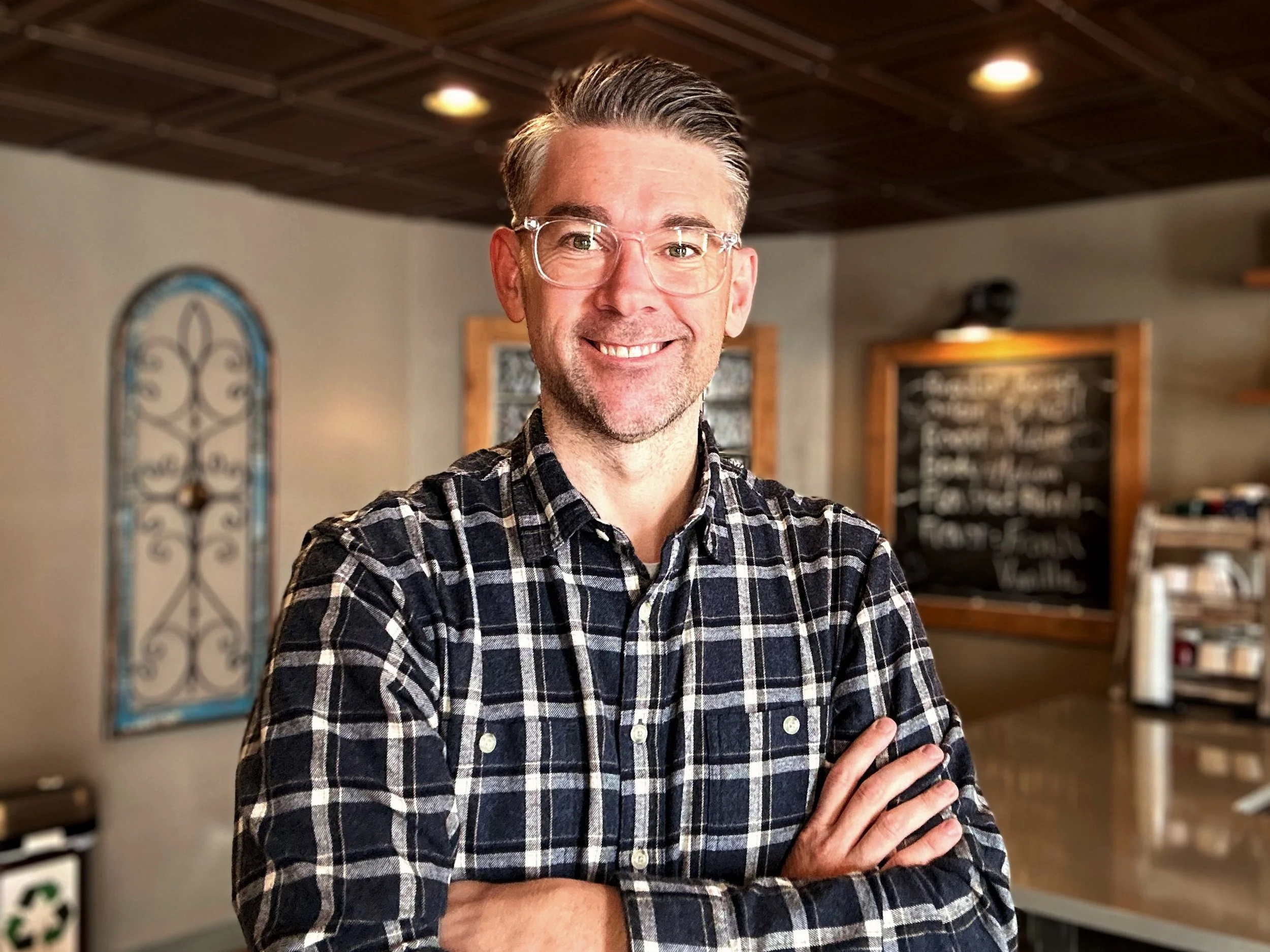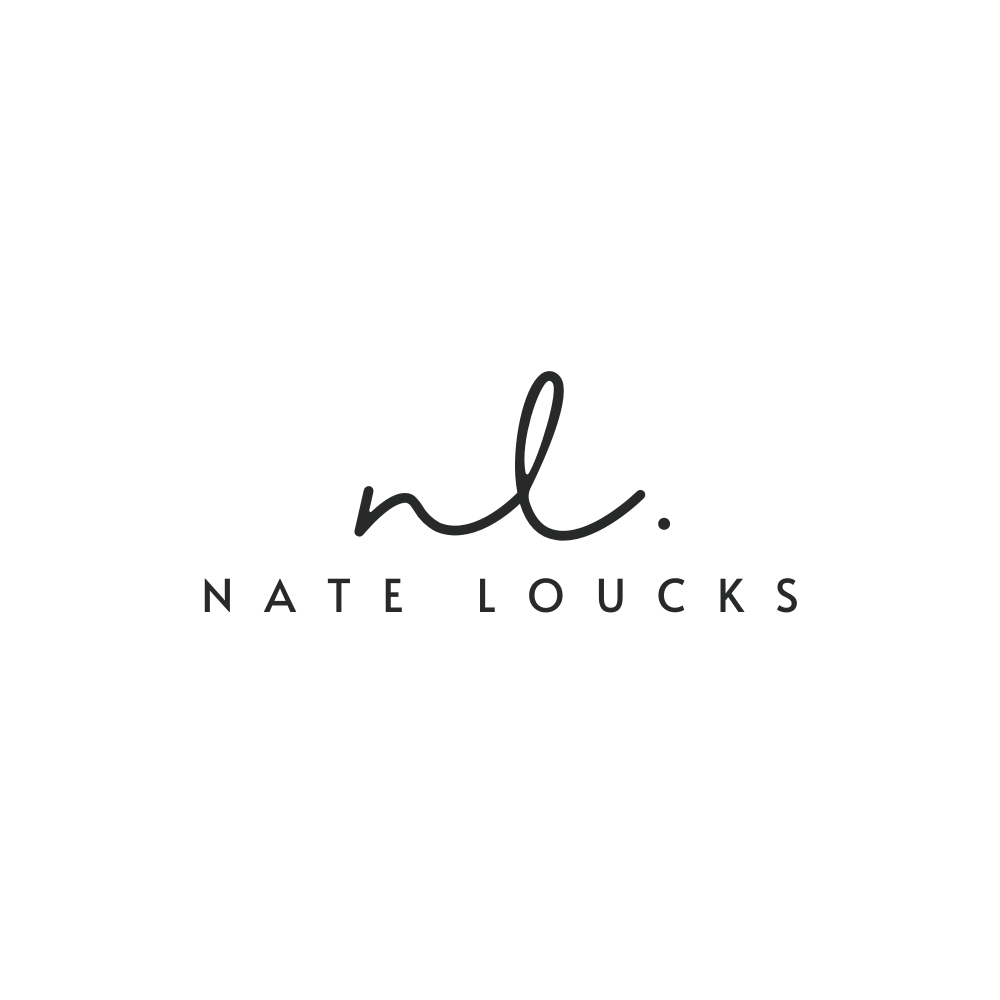Reclaiming the Art of Neighboring
I have a very special place in my heart for Bethel College. It was at Bethel that was introduced to a form of Wesleyan-Anabaptism that gave my faith a sense of vitality and substance that has propelled it into adulthood. It was there that the words of Stanley Hauerwas, John Howard Yoder, and John Wesley first introduced themselves into my theological paradigm. I'm really grateful for that season of life. So much of who I am today is a profound reflection of that growing season.
When Shawn Holtgren emailed me and asked if I'd be willing to speak in chapel, I was thrilled. To be able to give back in some small way to the institution and people that have given so much to me was an honor and challenge that I was excited about. As my wife could attest, it was also probably the most nervous I had been in many years of speaking. But, for those that wanted to watch the message, here's the video. I entitled it, "Reclaiming the Art of Neighboring." It's a bit about what we've learned in community at State Street.
OUTLINE:
IDEA: Challenge for the church today: Reclaim the art of neighboring.
"The Church doesn’t need more revolutionaries, we need more people being faithful to the already revolutionary message of neighboring in Christ.”
MICAH 6:6-8 CEB
6 With what should I approach the Lord
and bow down before God on high?
Should I come before him with entirely burned offerings,
with year-old calves?
7 Will the Lord be pleased with thousands of rams,
with many torrents of oil?
Should I give my oldest child for my crime;
the fruit of my body for the sin of my spirit?
8 He has told you, human one, what is good and
what the Lord requires from you:
to do justice, embrace faithful love, and walk humbly with your God.
ISAIAH 58 (CEB)
58 Shout loudly; don’t hold back;
raise your voice like a trumpet!
Announce to my people their crime,
to the house of Jacob their sins.
2 They seek me day after day,
desiring knowledge of my ways
like a nation that acted righteously,
that didn’t abandon their God.
They ask me for righteous judgments,
wanting to be close to God.
3 “Why do we fast and you don’t see;
why afflict ourselves and you don’t notice?”
Yet on your fast day you do whatever you want,
and oppress all your workers.
4 You quarrel and brawl, and then you fast;
you hit each other violently with your fists.
You shouldn’t fast as you are doing today
if you want to make your voice heard on high.
5 Is this the kind of fast I choose,
a day of self-affliction,
of bending one’s head like a reed
and of lying down in mourning clothing and ashes?
Is this what you call a fast,
a day acceptable to the Lord?
6 Isn’t this the fast I choose:
releasing wicked restraints, untying the ropes of a yoke,
setting free the mistreated,
and breaking every yoke?
7 Isn’t it sharing your bread with the hungry
and bringing the homeless poor into your house,
covering the naked when you see them,
and not hiding from your own family?
JOHN WESLEY ON NEIGHBORING, “One of the principle rules of religion is to lose no occasion of serving God. And since he is invisible to our eyes, we are to serve him in our neighbor; which he receives as if done to himself in person, standing visibly before us.”
THREE THINGS WE’VE LEARNED ABOUT NEIGHBORING:
1. Be honest.
2. Be kind.
3. Do something.
BILL LOUCKS, “Do something. Even if it’s wrong. Do something.”
As a bonus, here's the picture of the white-water trip that I talk about in the video:





